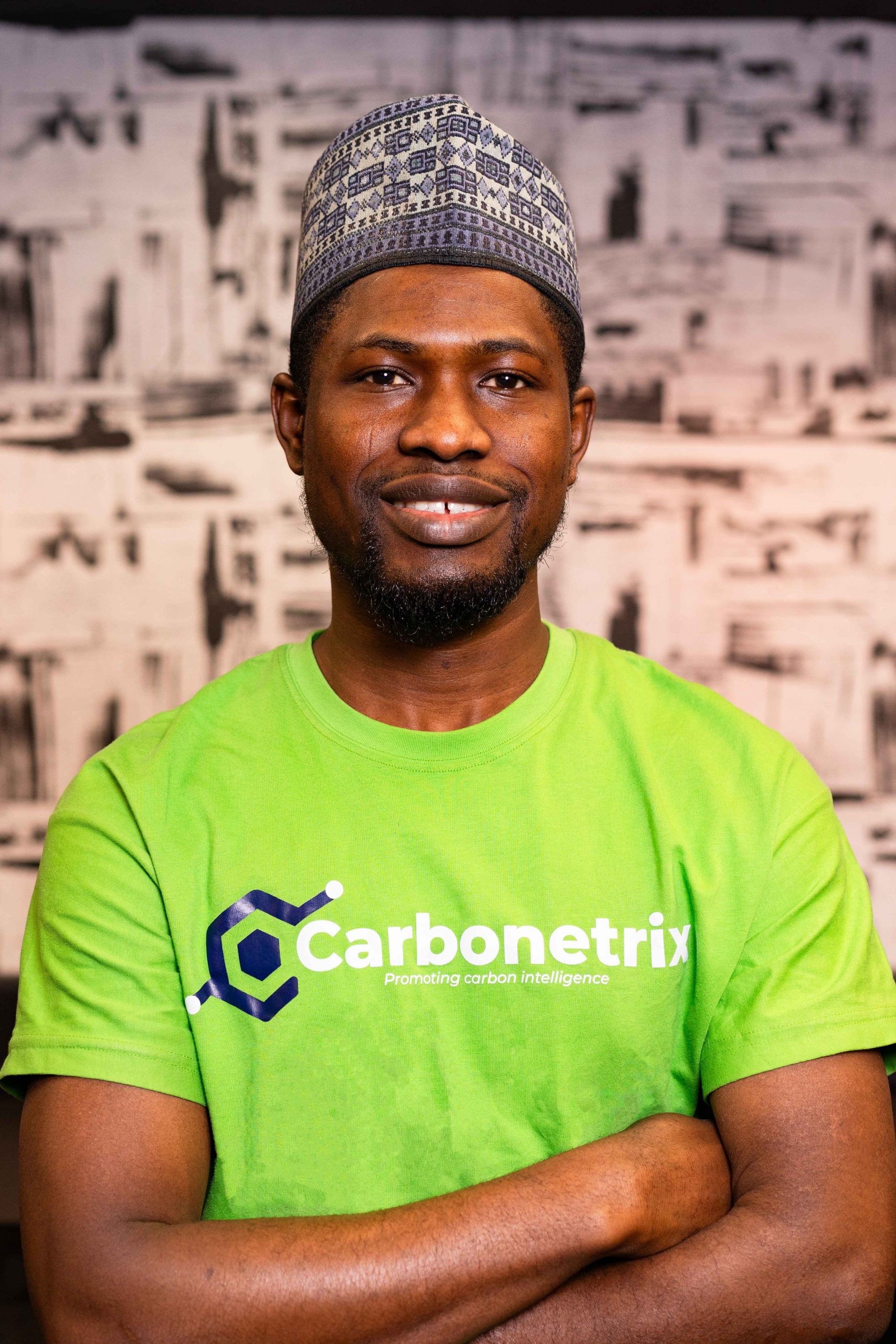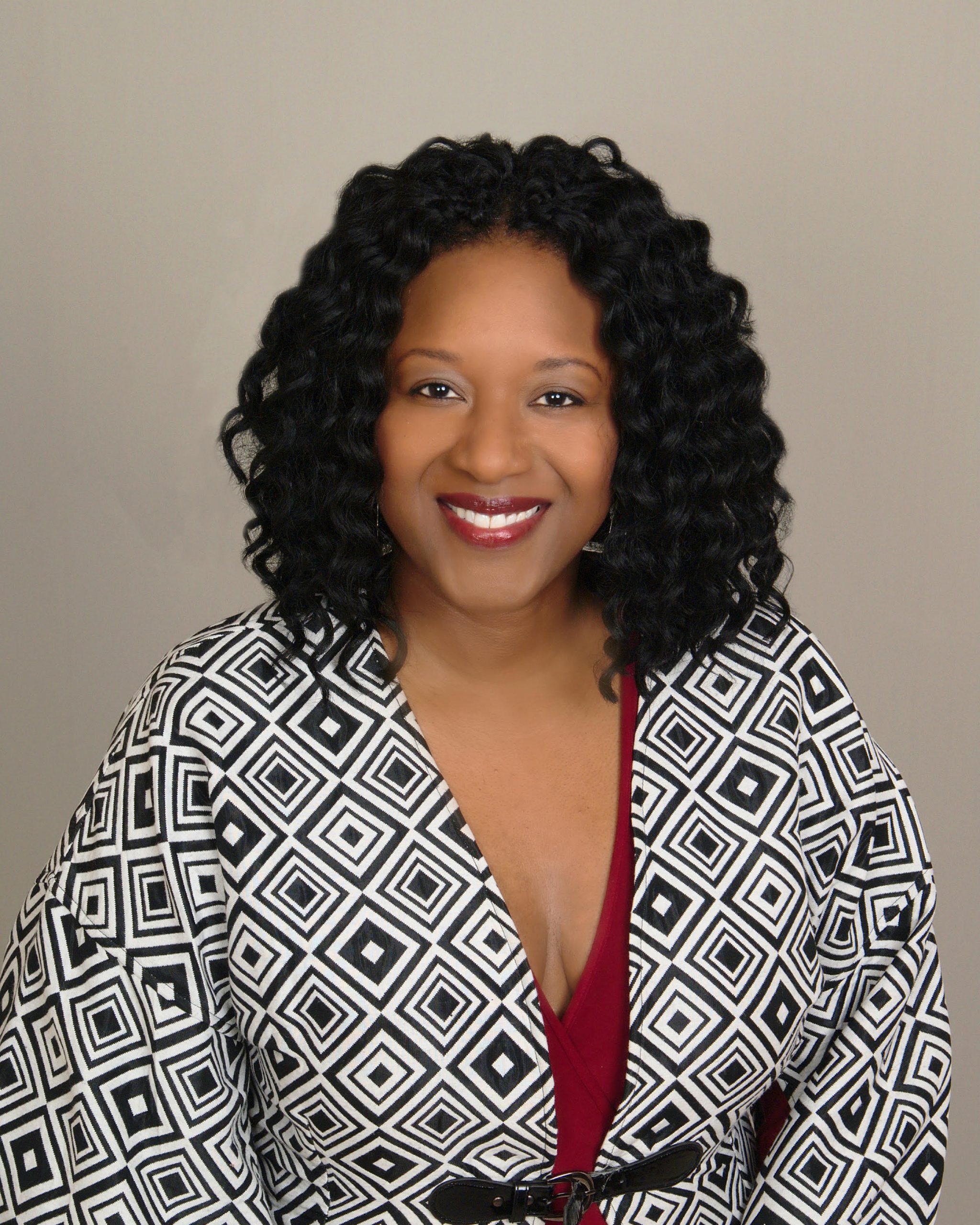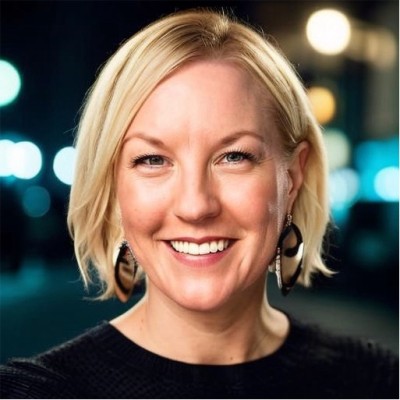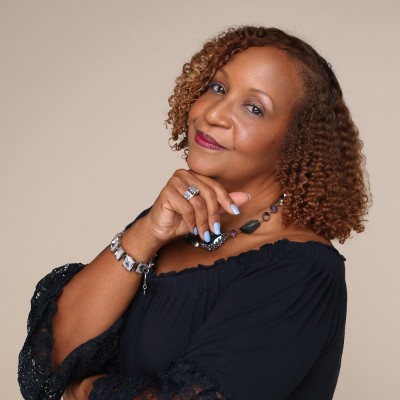Meet Mercy Ndubuisi, a Nigerian changemaker and the founder of the Miriam Mujunwa Girls Foundation. Her work is deeply personal—born out of the tragic loss of her younger sister to abuse. Mercy has transformed her grief into action, dedicating her life to protecting children, raising awareness about abuse within families, and breaking menstrual taboos across Africa. Featured on Humans of Fuzia, her journey resonates with our global community of over 5 million members working toward a shared mission of empowerment, equality, and support. Mercy’s story reminds us that advocacy starts at home and grows into a movement that can inspire change worldwide.
Q: Mercy, could you tell us about the inspiration behind starting your foundation?
A: I lost my immediate younger sister, Miriam, in 1999 when she was only eight years old. We initially thought she was sick, but later found out she had been abused by someone living under our roof. That loss changed my life forever. I decided to start the Miriam Mujunwa Girls Foundation in her memory, to tell her story and to warn parents and communities that often, abuse doesn’t come from strangers—it happens within our homes.
Q: That must have been incredibly difficult. How did you channel such a personal tragedy into advocacy?
A: I realized that silence protects abusers. I wanted parents to understand that when a child feels uncomfortable around an adult, that discomfort should not be ignored. We shouldn’t force children to spend time with certain relatives, neighbors, or even peers, because abuse can come from anywhere. My mission became to educate families, break the silence, and create safe environments for children.
Q: Along with child protection, your work also covers menstrual rights. Why is that important to you?
A: Growing up, many of us were told that periods were dirty. We were shamed into silence, and girls often lacked proper knowledge or hygiene resources. Through my foundation, I use the platform to talk about menstruation openly and fight against period stigma. In 2020, I connected with a young woman from South Africa who was working on similar issues. Together, we built a coalition called the African Phenomenal Leaders. We started with five countries, and today we are active in 17 African nations, uniting women to advocate for menstrual rights and dignity.
Q: That’s incredible progress. How do you see the role of technology, especially AI, in your work?
A: AI has been a game-changer for me. It helps cut costs—I don’t always need designers or developers because I can create websites, graphics, or articles on my own. It saves time and resources, allowing me to focus on my advocacy. Of course, AI has its disadvantages, just like social media does, so I try to balance it out. I still write on my own sometimes because I believe in exercising the mind. But overall, AI has made my work more effective and cost-friendly.
Q: What message would you like to share with our audience, especially young women and change-makers?
A: Keep pushing, no matter the challenges. Whether you’re running an NGO or a business, you will face struggles, but persistence pays off. Every girl child should know that she is beautiful, courageous, and capable in her own time—it doesn’t matter if your journey takes five years or ten. Surround yourself with good people because the right friendships and networks are true wealth. And above all, never give up—always put God first, because prayers work.
“Never give up on your dreams. Stay courageous, surround yourself with the right people, and keep pushing forward—your time will come.” — Mercy Ndubuisi
Want to be featured?
If you’d like to be featured in the Humans of Fuzia series, email us at fuziatalent@fuzia.com.










